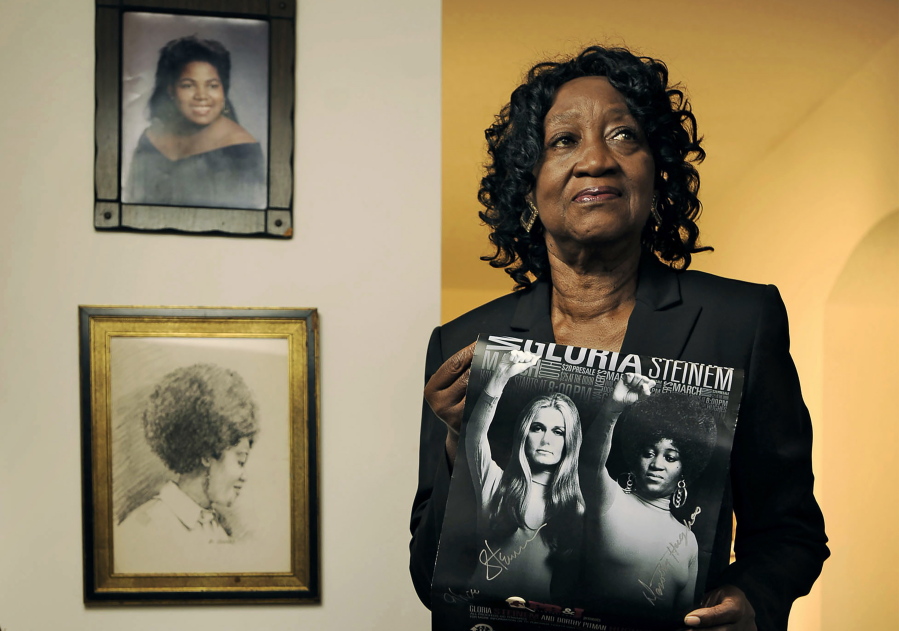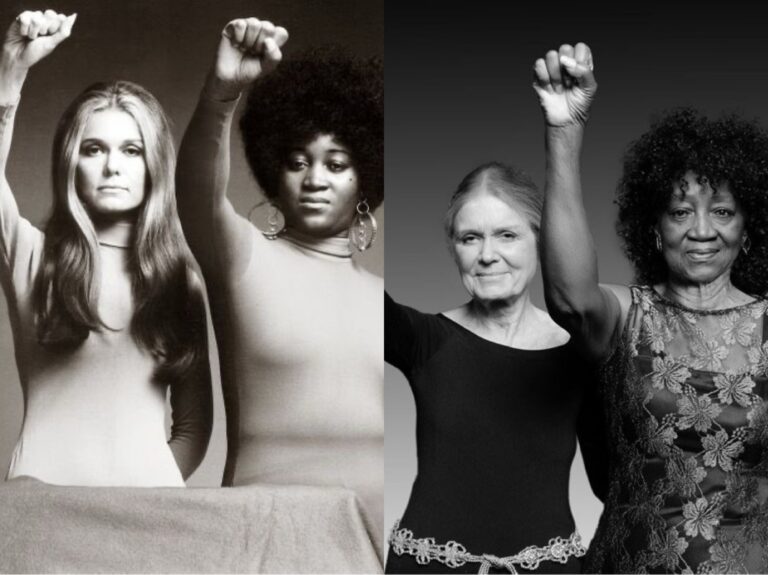Dorothy Pitman Hughes, a prominent pioneering figure in the second-wave feminist movement of the 1960s and ’70s, has died at the age of 84. AP News reports that Ms. Dorothy Pitman passed away in Tampa, Florida, due to “old age,”
Although the news of her death barely broke over the weekend, Dorothy was reportedly pronounced dead back on Dec. 1.
She is well recognized for her strong friendship with Gloria Steinem, a fellow activist. The two went on speaking tours around the nation to promote women’s rights after Gloria’s article about Dorothy’s New York City daycare center was published.
Dorothy initiated the first battered women’s shelter in NYC, according to AP News. She also demonstrated her dedication to community-centered activism by providing resources like day care and career training to help local families.

Through her friendship with Gloria, Dorothy helped conceptualize Ms., a feminist publication that’s still circulating. They also founded the Women’s Action Alliance, which helped empower the voices of feminists from all across the country.
Following the passing of Dorothy Pitman, Gloria paid homage to her friend in a statement to The Associated Press.
“My friend Dorothy Pitman Hughes ran a pioneering neighborhood childcare center on the west side of Manhattan. We met in the seventies when I wrote about that childcare center, and we became speaking partners and lifetime friends. She will be missed, but if we keep telling her story, she will keep inspiring us all.”
Delethia Ridley Malmsten, one of Dorothy’s three daughters, also reflected on her mother’s work. She proudly noted, “She took families off the street and gave them jobs.”
Regarding her advocacy, biographer Laura L. Lovett noted in The Washington Post that Dorothy “realized that child-care challenges were deeply entangled with issues of racial discrimination, poverty, drug use, substandard housing, welfare hotels, job training and even the Vietnam War.”
According to Ms., Dorothy Pitman also kept it real about the racial disparities within the feminist movement.
“Dorothy’s style was to call out the racism she saw in the white women’s movement. She frequently took to the stage to articulate the way in which white women’s privilege oppressed Black women but also offered her friendship with Gloria as proof this obstacle could be overcome.”

